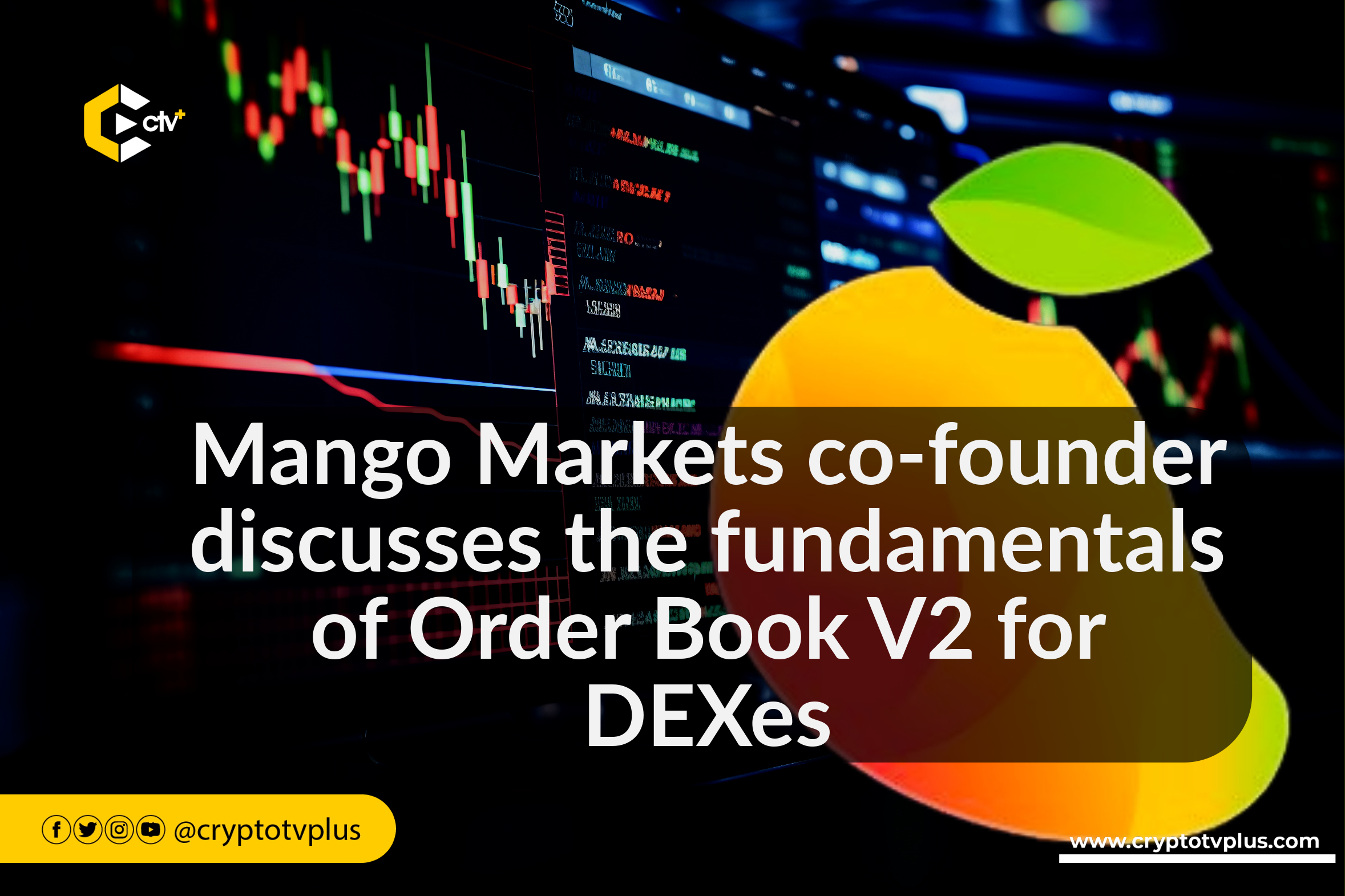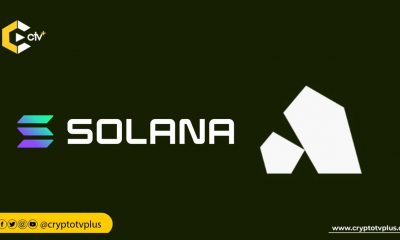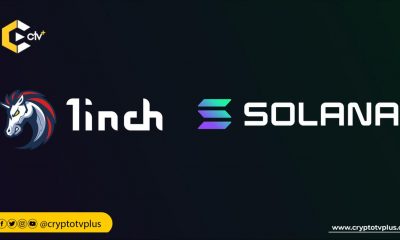FEATURED
Mango Markets co-founder discusses the fundamentals of Order Book V2 for DEXes

Breakpoint 2023 was a gathering of innovators and thought leaders who convened to explore the most recent advancements in the world of cryptocurrency. One of the standout discussions centered around the introduction of OpenBook V2, which was presented by Max Schneider, co-founder of Mango Markets.
During his presentation, Max took the stage to delve into the evolution of Open Book, a decentralized exchange protocol that is built on the Solana blockchain and rooted in Mango. He provided insights into the history of Open Book, highlighting its origins during a turbulent phase in Solana’s decentralized finance (DeFi) ecosystem.
Mango Market is a Solana-based decentralized finance platform that allows users to engage in spot trades, loans, and cross-trading for cryptocurrencies. Sadly, Mango Markets, which is a component of the Mango protocol, fell victim to an exploit resulting in a loss of over $100 million. Within Mango Markets, there is the Open Book protocol, also known as Openbook DEX, which facilitates spot margin trading on the platform.
FTX – from Serum to Open Book on Solana
Max reflected on the challenges encountered during the collapse of the FTX, which raised concerns about compromised keys in the deployment of Serum, a crucial component of Solana’s DeFi landscape. He explained that amidst the uncertainty, a resilient community emerged, with over 200 individuals collaborating to rebuild and forge something new.
Using charts, Max demonstrated the significant shift in trading volumes from Serum to Open Book, highlighting the growth of Open Book since 2022. While Serum once boasted daily trades of $700 million, Open Book, a community-governed and unmonetized protocol, continues to gain momentum, prioritizing openness and accessibility.
Max also acknowledged the fruitful outcomes resulting from the dedication of the Open Book community. He cited examples of established projects such as Jupiter, Mango, Radium, and others that have integrated with Open Book.
Why Open Book Version 2
Although the Open Book protocol has delivered significant results for the Solana ecosystem, the co-founder explained the rationale behind the development of version 2. This new version introduces a hybrid crank design.
The hybrid crank design ensures an open market for all participants while effectively settling the majority of trades. It offers improved efficiency in handling latency and throughput issues, particularly during heavy trading sessions.
He also highlighted that the Open Book incorporates a matching engine specifically designed for decentralized exchanges (DEXes). DEXes rely on matching engines to facilitate cryptocurrency trading. These engines play a vital role in pairing buy and sell orders based on predetermined criteria, enabling trades to be executed without intermediaries.
Unlike centralized exchanges, which employ internal matching engines, DEXes execute trades through smart contracts and on-chain transactions. This approach enhances transparency and gives users greater control over their funds. It eliminates the need for centralized matching servers and aligns with the decentralized principles of DeFi.
Max commended the MetaDAO project for serving as an experimental platform that explores unique optimizations for Open Book V2. He expressed confidence that Open Book version 2 will continually enhance the design of order books.
Read also; The Sandbox partners Shemaroo Entertainment to bring Bollywood icons to the metaverse























1 Comment